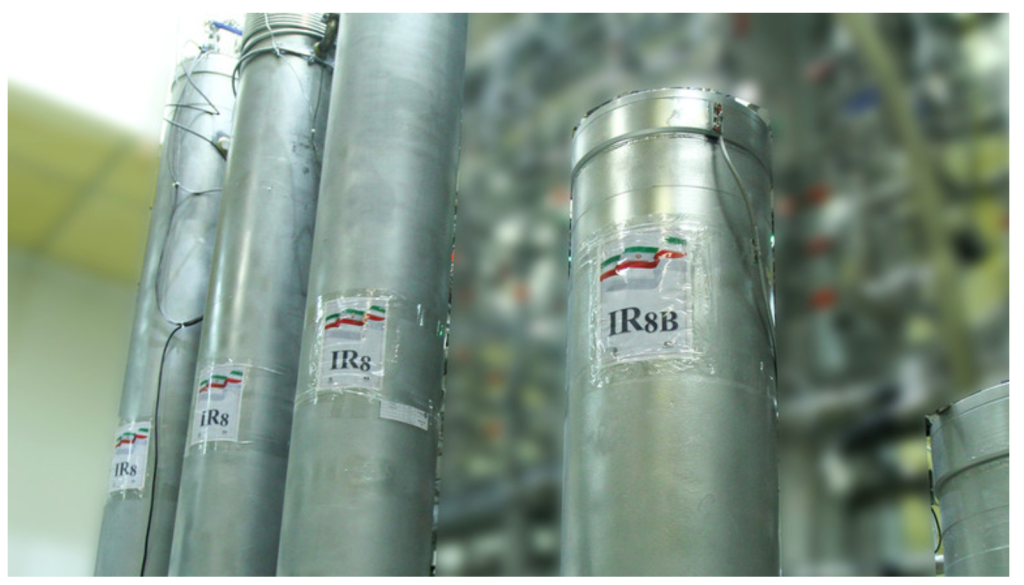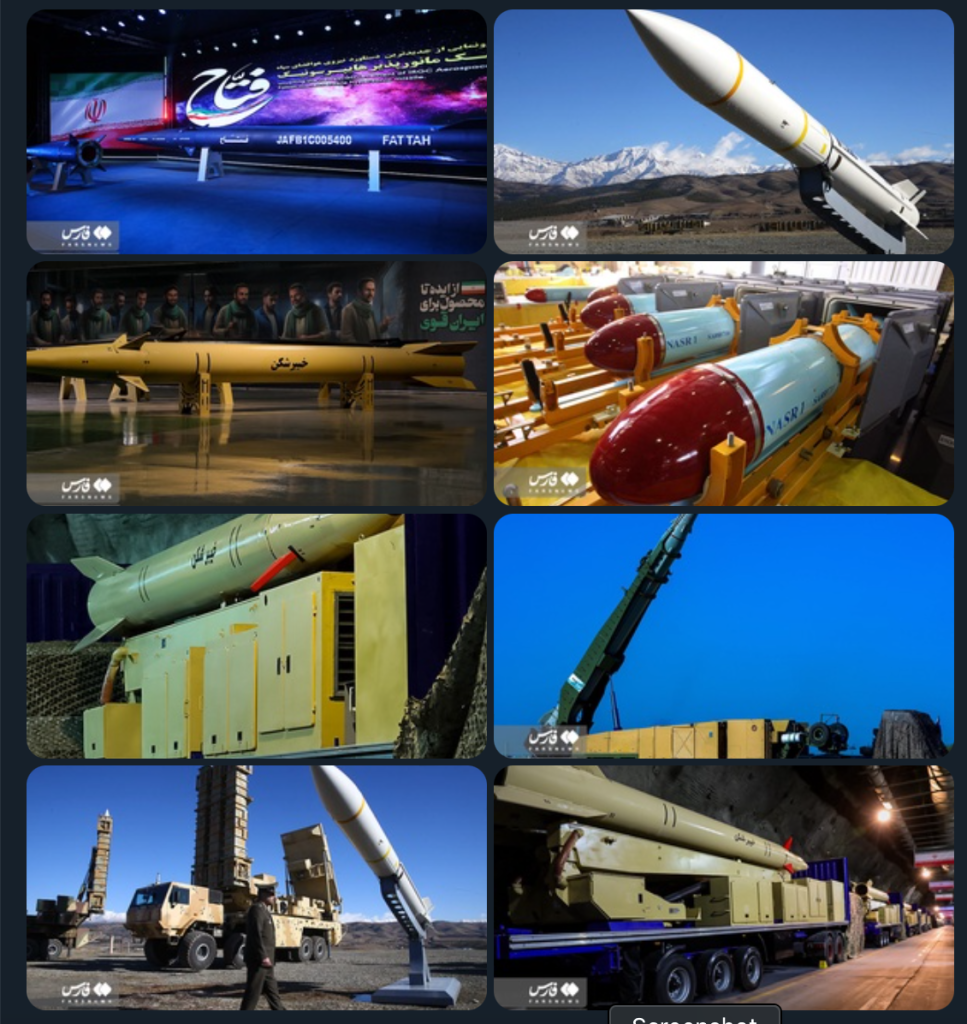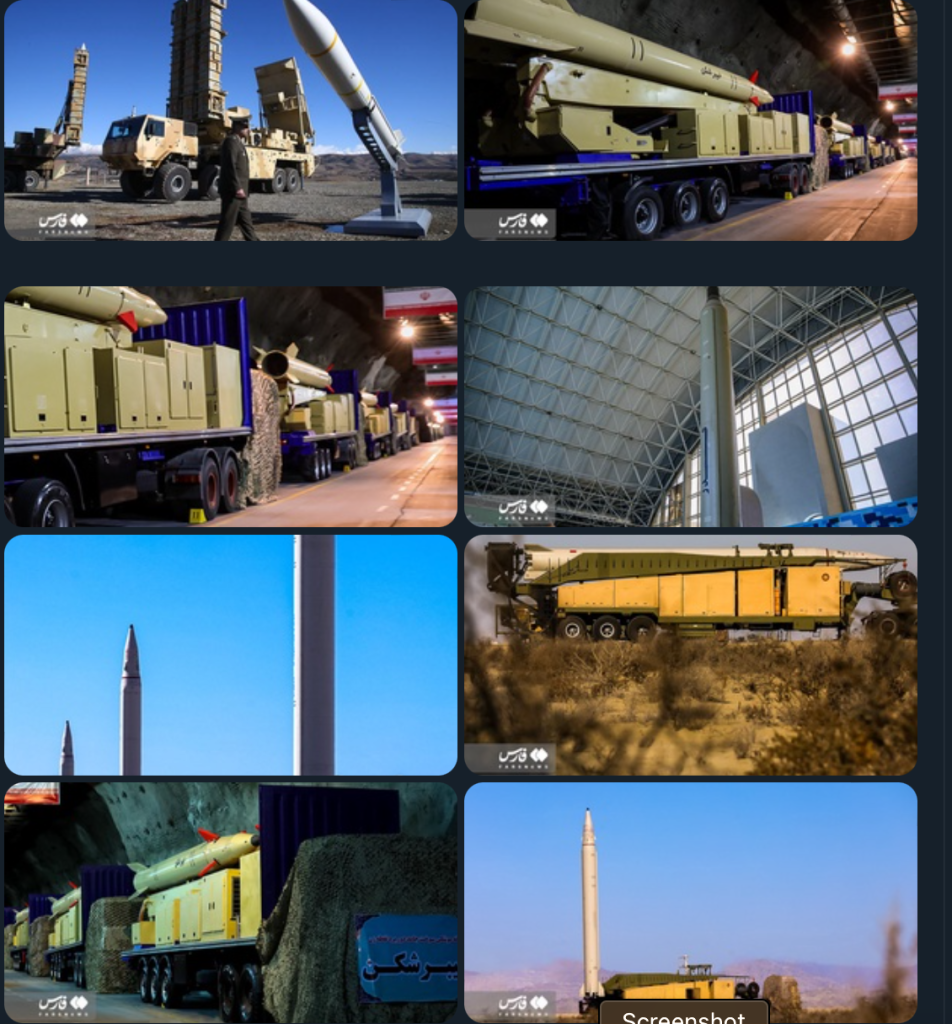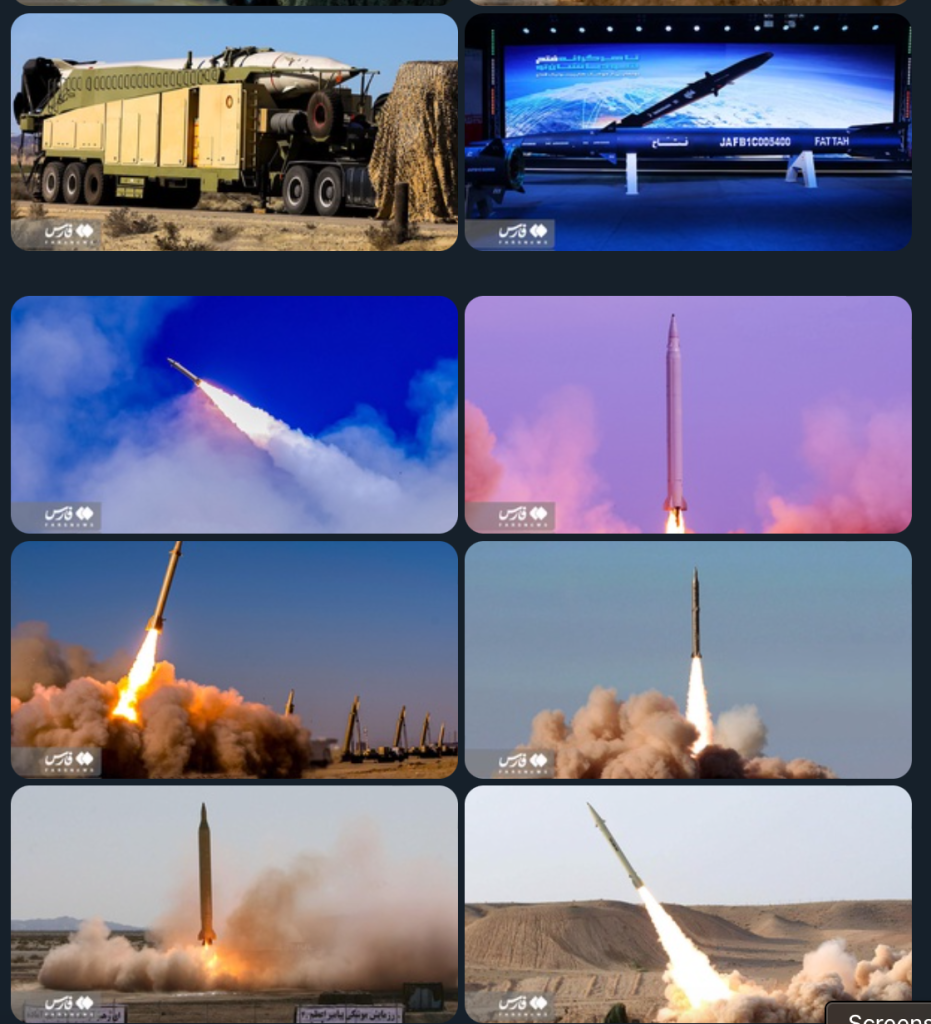Not that I am a collector, but I don’t recall seeing this view.
;


In September, DAS Richard Verma discussed the 123 agreement:
It was President Clinton who – once and for all delinked U.S.-India and U.S. – Pakistan policy.
Indo-Pak would be set aside in favor of a robust set of policy initiatives that, as I noted, were not only significant but they were creative, too.
There was no more creative, and – yes – difficult policy decision than to construct the U.S.-India civil nuclear deal.
This was a landmark initiative to deliver safe and reliable nuclear energy to India, while simultaneously bringing India into the international atomic energy compliance and safety regimes.
It took a bold change in thinking in India, and it took leadership here at home, with President Bush and so many others and then Senator Biden from his perch on the Senate Foreign Relations Committee, to lead the efforts in D.C. and capitals around the world.
As has been noted by scholars here at Hudson and in think tanks across D.C. and Delhi, the deal was critical as it showed that our countries were willing to bend with history and take extraordinary steps that would have lasting effects.
For whatever reason, the new DIA report titled Nuclear Challenges contains two slightly-different descriptions of Iran’s nuclear program.
Here’s one:
Currently, Iran almost certainly does not have nuclear weapons and has agreed not to seek, develop, or acquire nuclear weapons.
Here’s another:
While Iran does not have a nuclear weapon, it continues to develop ballistic missile systems to increase their accuracy and lethality.
The Draft Review of the Operation and Status of the Ottawa Convention has a bit about the state of Ukraine’s APL stockpile:
The importance of destroying stockpiled anti-personnel mines as soon as possible following entry into force has been spotlighted by the current unprecedented situation faced by Ukraine, where part of Ukraine’s stockpiled anti-personnel mines are no longer under Ukraine’s effective control and are now in temporarily occupied territories of Ukraine.
According to Iran, the United States is still buying Iranian heavy water:
…Iran is also among the top producers of high-quality heavy water in the world despite the enemies’ plots to block Tehran’s progress. Tehran says the United States is purchasing Iran’s heavy water for its nuclear reactors through an intermediary.
Here’s some USG material about entities associated with Russia’s chemical and biological weapons programs.:
RADIOLOGICAL, CHEMICAL, AND BIOLOGICAL DEFENSE TROOPS OF THE MINISTRY OF DEFENSE OF THE RUSSIAN FEDERATION (RCB DEFENSE TROOPS) is a specialized Russian military unit responsible for identification of and decontamination from radioactive, chemical and biological hazards. The RCB DEFENSE TROOPS have been involved in the day-to-day operations of Russia’s chemical weapons program and also have facilitated the use of the chemical weapon chloropicrin by Russian armed forces against Ukrainian troops.
SCIENTIFIC RESEARCH INSTITUTE OF APPLIED ACOUSTICS (FGUP NIIPA) is a Russian government scientific research institute that carries out research and development of military products and develops methods for the export of dual-use goods and technologies. FGUP NIIPA has been involved in the procurement and inventory of chemicals that could be used in the production of chemical weapons agents.
FEDERAL STATE BUDGETARY INSTITUTION 48TH CENTRAL SCIENTIFIC AND RESEARCH INSTITUTE OF THE MINISTRY OF DEFENSE OF THE RUSSIAN FEDERATION (48TH TSNII) is the leading Russian Ministry of Defense scientific research institute responsible for Russian military protection against infectious diseases and biological threats. 48th TSNII and its facilities are associated with the Russian biological weapons program.
Fars News recently published some photos of Iranian missiles. The story on the site allows one to enlarge the photos.
From long-range ballistic missiles to precision-guided systems, Iran enhanced its arsenal, reflecting its strategic military readiness.




I sent a letter to the NYRB about this piece by Charlie Savage.
I don’t think that they will publish it, so here’s the letter:
In his recent review of Steve Coll’s The Achilles Trap: Saddam Hussein, the CIA, and the Origins of America’s Invasion of Iraq, Charlie Savage ably explains how the Saddam Hussein government’s refusal to comply with UN-mandated weapons inspections during the early 1990s – particularly the regime’s secret destruction of Iraqi weapons of mass destruction (WMD) – fueled inaccurate U.S. assessments that Iraq possessed WMD and related programs. This background is obviously important, but Savage omits the significant role of the inspectors, whose work the world should acknowledge.
For example, Savage does not mention that UN inspectors, who returned to Iraq in 2002 under a new UN Security Council mandate, provided a mechanism for verifying U.S. prewar Iraq WMD assessments. Indeed, less than two weeks before the March 2003 U.S.-led invasion of Iraq, Hans Blix, Executive Chairman of the UN Monitoring, Verification and Inspection Commission,(UNMOVIC), reported to the Council that inspectors had found no WMD in Iraq. Blix added that UNMOVIC would only need “months” to resolve UN-mandated “remaining disarmament tasks.” It is also worth noting that, following completion of these tasks, Iraq would have been subjected to a UN-mandated long-term monitoring regime designed to prevent Iraqi reconstitution of its WMD programs.
From this past August:
Negative Security Assurances, as we know, has been on the Agenda of the Conference for the last 4 decades. The Final document of SSOD-1, in fact, called upon nuclear weapon States to undertake steps to assure non-nuclear weapon States against the use or threat of use of nuclear weapons.
India believes that non-nuclear weapon states have a legitimate right to be assured against the use or threat of use of nuclear weapons.
Mr. Coordinator,
Nuclear weapons pose the greatest danger to humanity. The best assurance against their use or threat of use is their complete elimination.
India has, therefore, been consistent in its support for global, verifiable, and non-discriminatory nuclear disarmament. It is our belief that this can be achieved in a time-bound manner, through a step-by-step process, underwritten by a universal commitment, and an agreed global and non-discriminatory multilateral framework.
India’s Working Paper CD/1816 presented to the Conference in 2007, elaborates our approach to global nuclear disarmament. One of the proposals underlined in CD/1816 is to undertake negotiation of a universal and legally binding agreement on non-use of nuclear weapons against non-nuclear weapon States.
Mr. Coordinator,
As part of our doctrine of credible minimum nuclear deterrence, India has espoused the policy of “No First Use” against nuclear weapon states and non-use against non-nuclear weapon states. We are prepared to convert these undertakings into multilateral legal arrangements.
Mr. Coordinator,
India’s annual resolution on “Convention on the Prohibition of the use of Nuclear Weapons”, tabled since 1982 in the GA, requests the CD to commence negotiations on an international convention prohibiting the use or threat of use of nuclear weapons under any circumstances. It reflects our belief that such a multilateral, universal and legally binding agreement would generate necessary political will among States possessing nuclear weapons to engage in negotiations leading to the total elimination of nuclear weapons.
India’s annual resolution on ‘Reducing Nuclear Danger’, tabled since 1998 in the GA, has drawn global attention to the hair-trigger alert of nuclear weapons carrying unacceptable risks of unintentional or accidental use of nuclear weapons, that would have catastrophic consequences for all humankind. It recognises the need for a review of nuclear doctrine and the need for steps to reduce the risk of unintentional or accidental use of nuclear weapons, including through de-alerting and de-targeting of nuclear weapons. These two resolutions manifest our shared commitment towards the common goal of nuclear disarmament.
Mr. Coordinator,
India has supported GA resolution 78/18, which recommends that the Conference continue intensive negotiations with a view to reaching early agreement and concluding effective international agreements to assure the non-nuclear-weapon States against the use or threat of use of nuclear weapons.
India has supported the conclusion of universal, unconditional, and legally binding instrument on security assurances to non-nuclear weapon States as a matter of priority.
We believe that CD, which has the relevant membership, is the most appropriate forum for negotiating a legally binding instrument on negative security assurances and stands ready to participate in such a negotiation.
From Greece’s report pursuant to Article 7 of the Ottawa Convention.:
All minefields along the border with Turkey in the Evros Province are clearly defined and marked, well above any standard established by Amended Pro- tocol II and the relevant NATO STANAGs and don’t include APLMs. All minefields have a double fence. Barbed wire was added to almost all the mine- fields of Evros. Mine casualties among illegal migrants trying to cross the border from Turkey are suffered from time to time because they are led to the border along river Evros at night and then instructed to ignore any mine fences and markings and walk into the Hellenic territory. Some times they are even aided in cutting the wire and led into minefields!. ⎯ Greece offers, free of charge, health treatment through its National Health System to any per- son injured by landmines, irrespective of their legal status.